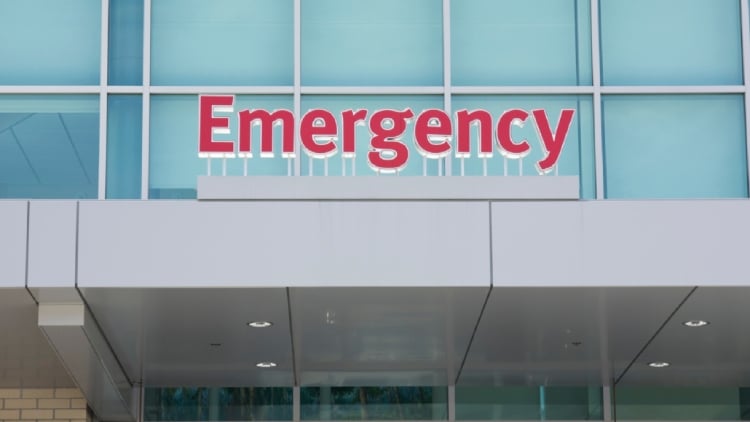
The No Surprises Act (NSA) established new federal protections against surprise medical bills that took effect in 2022. Surprise medical bills pose financial burdens on consumers when health plans deny out-of-network claims or apply higher out-of-network cost sharing; consumers also face “balance billing” from out-of-network providers that have not contracted to accept discounted payment rates from the health plan. The federal government estimates the NSA will apply to about 10 million out-of-network surprise medical bills a year.
This act will protect consumers from surprise medical bills by:
- Requires private health plans to cover out-of-network claims and apply in-network costs. This law applies to job-based and non-group plans, including grandfathered plans
- Prevents patients from receiving surprise charges and getting charged more out-of-network than in-network by doctors, hospitals, and medical providers
The NSA also institutes a procedure in the event of surprise out-of-network medical bills would lead to negotiations between plans and the providers. If those negotiations don’t succeed, then an independent dispute resolution (IDR) process would begin.
Federal protections now apply to most surprise bills in the following settings:
Emergency services– applies to emergency rooms, freestanding emergency departments, urgent cares, air ambulance transportation, however it doesn’t include ground ambulances
Post-emergency stabilization services– post-stabilization care equals emergency care until a physician determines the patient can travel safely to another in-network facility using non-medical transport, the facility is able to accept the transfer, and that the transfer will not cause the patient other unreasonable burdens. The NSA also requires patients to receive written notice and give written consent to transfer.
Non-emergency services provided at in-network facilities– the NSA allows non-emergency services by out-of-network providers at in-network facilities. The doctor working in the hospital will bill them independently and don’t participate in the same network as the hospital. The federal government estimates about 1.8 million in-network non-emergency hospital stays involve at least one out-of-network claim.
Doctors are not able to bill patients more than the in-network cost sharing for surprise bills. If they do, a penalty of up to $10,000 for each violation can apply. Some providers can ask their patients to waive their rights. They should not ask any patient if they are impaired or otherwise limited in their decision-making. Health plans, providers and facilities will most likely work in good faith to comply with NSA requirements. Even if compliance rates are high, with 10 million surprise medical bills annually, hundreds of thousands of problems could nonetheless arise. In such cases, it could fall to the consumer to recognize when surprise billing protections should apply and to seek help.
What can patients do in case of wrong doing?
Providers and facilities will most likely act in good faith with the No Surprises Act, although with an estimated 10 million surprise medical bills annually, there will no doubt be some issues. In some areas it could be up to the consumer to recognize surprise billing arise and seek help resolving them. The Affordable Care Act (ACA) helped establish state Consumer Assistance Programs (CAP) to aid privately insured consumers about their health coverage needs. The NSA gives consumers the opportunity to appeal health plan decisions that wrongly deny or apply out-of-network cost sharing to surprise medical bills to the health plan first, then if the plan upholds the decision, an external viewer will help resolve the claim.
The NSA was a big step making it easier for patients to get emergency care without being penalized for out-of-network care. To see what plans have your doctors in network, click here!






